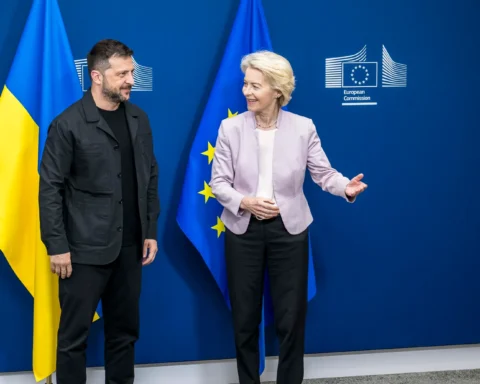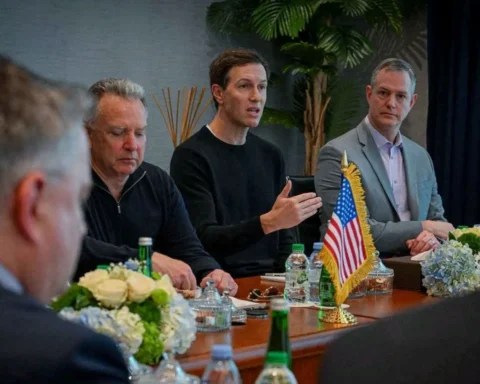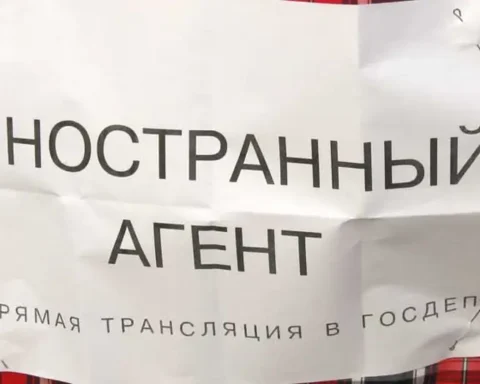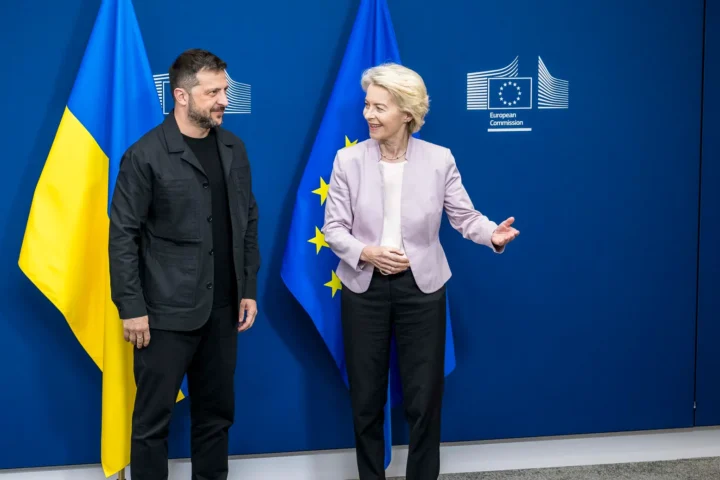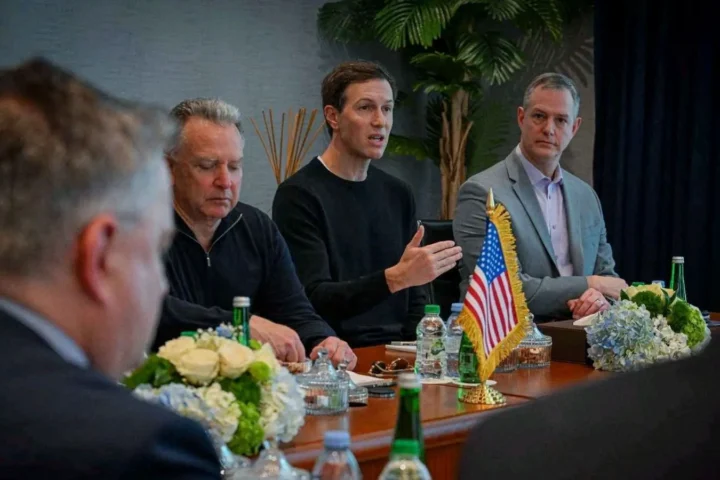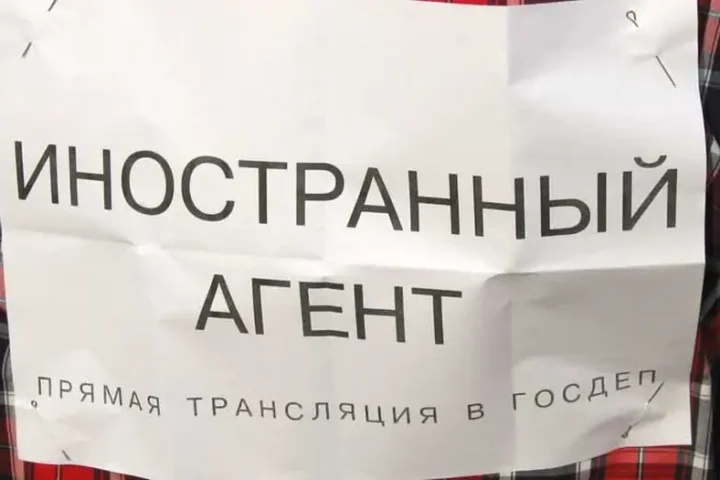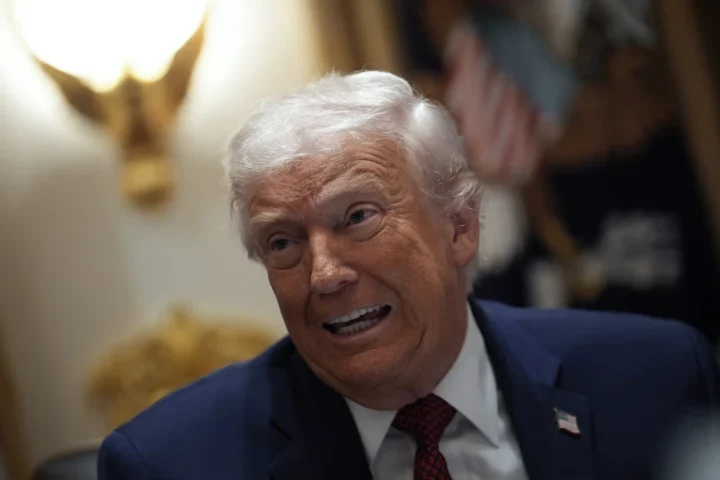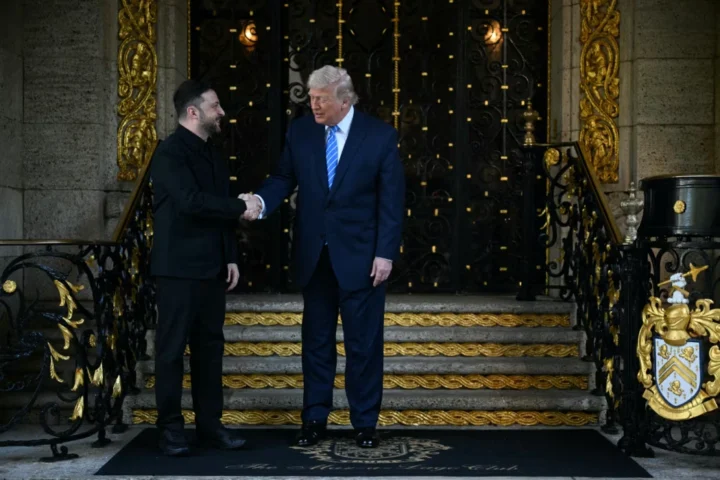In brief: Russia is promoting the state-backed messenger Max — a service without end-to-end encryption and with a privacy policy that allows authorities to access messages, contacts, photos, and geodata. According to Western media (including Politico), the app is enshrined in law as a “national messenger,” preinstalled on all new phones, and pushed through administrative pressure and media campaigns.
The “National Messenger” as a Tool of Control
While Russian forces advance in eastern Ukraine, the authorities are opening another front — at home. Following China’s example, citizens are being urged to switch to the homegrown messenger Max which, unlike popular services, does not use end-to-end encryption and permits full state access to user data.
To register, you need a Russian or Belarusian phone number — itself issued only against a state ID. That means any user activity in Max can be personally identified.
Mikhail Klimarev, head of the exiled Internet Protection Society, puts it bluntly: “The app’s creators are essentially saying they’ll hand over everything.” He also stresses: “Anything you do there will be available to the FSB.”
Who Backs Max and How It’s Being Pushed
In June, a law was signed to create a “national messenger,” and VK was appointed the developer. According to media reports, the company is effectively controlled by Gazprom-linked structures and by Yuri Kovalchuk, a close ally of President Vladimir Putin; VK is run by the son of Sergei Kiriyenko, first deputy chief of staff to the president. Both Kovalchuk and Kiriyenko are under U.S. sanctions.
From the start of the month, all new smartphones in Russia must ship with Max preinstalled. In parallel, the regulator Roskomnadzor began blocking voice calls on WhatsApp and Telegram over the summer. Authorities framed the move as a fight against scammers and terrorists, but WhatsApp called it an attempt “to violate people’s right to secure communication.”
The administrative machine is working in lockstep with a PR blitz: independent media report pressure on civil servants, bank employees, and hospital staff to switch to Max. Officials at various levels promote the app as “reliable and safe,” while social media overflows with celebrity and influencer clips. In one viral video, city loudspeakers in Penza warn residents not to upload drone footage — and then immediately pivot to advertising Max as a way “to communicate conveniently and securely.” Other bloggers praise connectivity that works “even in the parking lot” and “even in the elevator.”
Although the product is still being refined, Max is pitched as a “Russian WeChat” — a platform that will eventually integrate government services, banking, and commerce. According to company statements, the user base has grown from roughly 1 million in early June to 30 million in September.
A “Great Chinese Firewall” — Russian Style
Max is the logical continuation of the drive toward a “sovereign internet.” In 2019, a law was adopted aimed at insulating Runet from outside influence. After the full-scale invasion of Ukraine in 2022, repression of online anti-war activism intensified: according to OVD-Info, hundreds of criminal cases have been opened. Thousands of websites have been blocked; this summer, authorities even criminalized searching for content labeled “extremist” — from materials of Alexei Navalny’s Anti-Corruption Foundation to information tied to the LGBTQ community and even Meta. Advertising VPNs is now outlawed.
Sarkis Darbinyan, co-founder of the rights group RKS Global, sees Max as the “final brick” in a domestic firewall: “It’s an attempt to control communication between citizens, not just their behavior on public platforms.” He and other experts note nothing prevents the service from handing over a user’s entire communications history — including drafts and deleted messages. Draft dodgers, journalists, LGBTQ people, and other politically vulnerable groups are at risk. Darbinyan sums it up starkly: “It’s a spook in your pocket.”
Requiring a Russian/Belarusian number effectively cuts off access from abroad, isolating users from family and friends outside the country — even as the state curbs other channels of communication.
Backlash: From Memes to Outrage
The rollout of the “national messenger” isn’t smooth. The “parking lot” clip spawned a wave of memes, and influential pro-war Telegram bloggers criticize the initiative as digital overreach. According to Meduza, many officials themselves are wary of Max.
Maksim, a 27-year-old schoolteacher in Moscow (surname withheld for safety), says he won’t install the app and rejects the curbs on WhatsApp and Telegram: “It’s an attempt by the government to limit our ability to write and communicate with each other,” he says. “I already can’t call abroad as easily as I used to.”
Political Calculus: Silence as the Goal
According to Nikolai Petrov, senior analyst at the London-based New Eurasian Strategies Center, the rush to tighten digital control is linked to the international context — notably President Donald Trump’s initiatives on a Ukraine settlement. “For Vladimir Putin, it is extremely important to silence any potential voices of protest across the entire political spectrum,” he notes, “including ultranationalists,” who would reject anything short of Kyiv’s total capitulation.
At the same time, Petrov sees no sign the Kremlin is genuinely seeking peace: steps like Max’s rollout are aimed at “ensuring complete control over the situation, no matter how events unfold.” If the “Chinese model” once seemed technically and politically unthinkable in Russia, it is taking shape now. His conclusion is bleak: “Today the Kremlin controls 90–95 percent of communication,” Petrov says. “Tomorrow it’ll be 99 percent.”
Why it matters: Max isn’t just another icon on the screen; it’s a structural element of a system where privacy is treated as suspect and communications as a state-managed resource. In Politico’s view, this ecosystem — from “sovereign internet” laws to a preinstalled “national” messenger — is a Russian-style firewall designed to isolate users, discipline society, and preempt dissent.
This article was prepared based on materials published by Politico. The author does not claim authorship of the original text but presents their interpretation of the content for informational purposes.
The original article can be found at the following link: Politico.
All rights to the original text belong to Politico.



